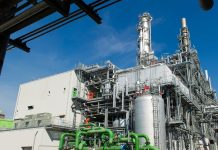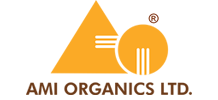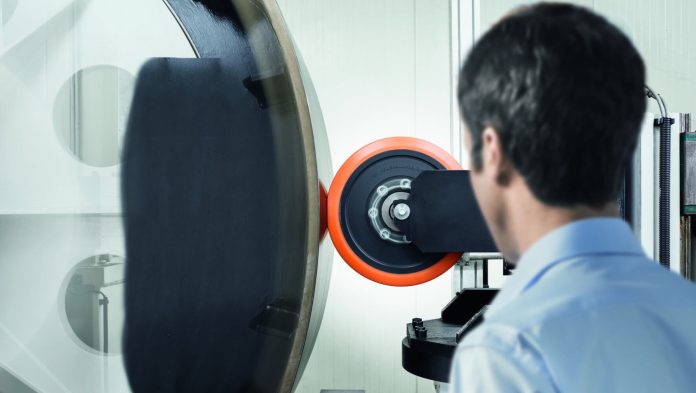Covestro, supplier of high-tech polymer materials, has announced plans to build a state-of-the-art pilot plant for recycling elastomers.
The ambitious project, with an investment in the double-digit million euro range, will be developed at Covestro’s site in Leverkusen, Germany.
Construction is expected to be completed within one year.
A Milestone in Sustainable Elastomer Recycling
The new recycling technology aims to significantly advance sustainability within the elastomer industry.
By focusing on the recycling of Vulkollan®, Covestro’s pioneering approach will allow for the recovery of over 90% of end-of-life material, such as forklift tires.
The process will also help reduce the carbon footprint by up to two-thirds when compared to using virgin materials.
Dr. Thomas Braig, Head of the Elastomers business entity at Covestro said, “The pilot plant is a key milestone in proving the feasibility of elastomer recycling. It demonstrates our commitment to sustainability while meeting customer demands for end-of-life solutions and carbon footprint reduction. We invite collaboration with partners across the value chain to develop a circular setup for end-of-life materials”.
Revolutionizing Chemical Recycling for Elastomers
Covestro’s customers use Vulkollan® systems for a wide range of applications. These include forklift wheels, railway bumper elements, and automotive vibration control parts.
Vulkollan® offers high performance and exceptional durability. This enables more sustainable operations by extending lifespans, reducing maintenance, and minimizing unexpected shutdowns.
The new chemical recycling process offers a breakthrough in elastomer recycling.
This approach, unlike traditional mechanical methods, breaks down end-of-life elastomers into their chemical building blocks. It creates purified monomers that can be reused to produce high-quality materials.
The method enables the recycling of a high mass fraction of the material. It reintroduces end-of-life Vulkollan® into new products, such as automotive jounce bumpers and forklift tires, using a mass balancing approach.
Innovating for Sustainability and Industry Collaboration
Markus Dugal, Head of Process Technology at Covestro added, “Elastomers are known for their resistance and long lifespan, making downcycling unsuitable for these high-performance applications. This technology allows us to recycle a significant portion of end-of-life materials. This reduces the environmental impact of elastomer production. It reflects Covestro’s strong commitment to innovation”.
The pilot plant will play a pivotal role in refining the recycling process, testing it with various waste streams and end-of-life materials.
Additionally, it will serve as a platform to engage with potential project partners and customers. This will help pave the way for future commercial-scale recycling plants.
A Step Toward Circular Economy and Future Partnerships
Covestro’s investment in elastomer recycling aligns with its broader sustainability goals.
The company is committed to reducing its environmental impact. It actively promotes circular economy principles. Additionally, it strives to maintain its leadership in polymer innovation.
As per the press release, Covestro invites potential partners and customers to join the effort. They aim to collaborate on circular elastomer solutions that demonstrate significant environmental benefits across the value chain.































